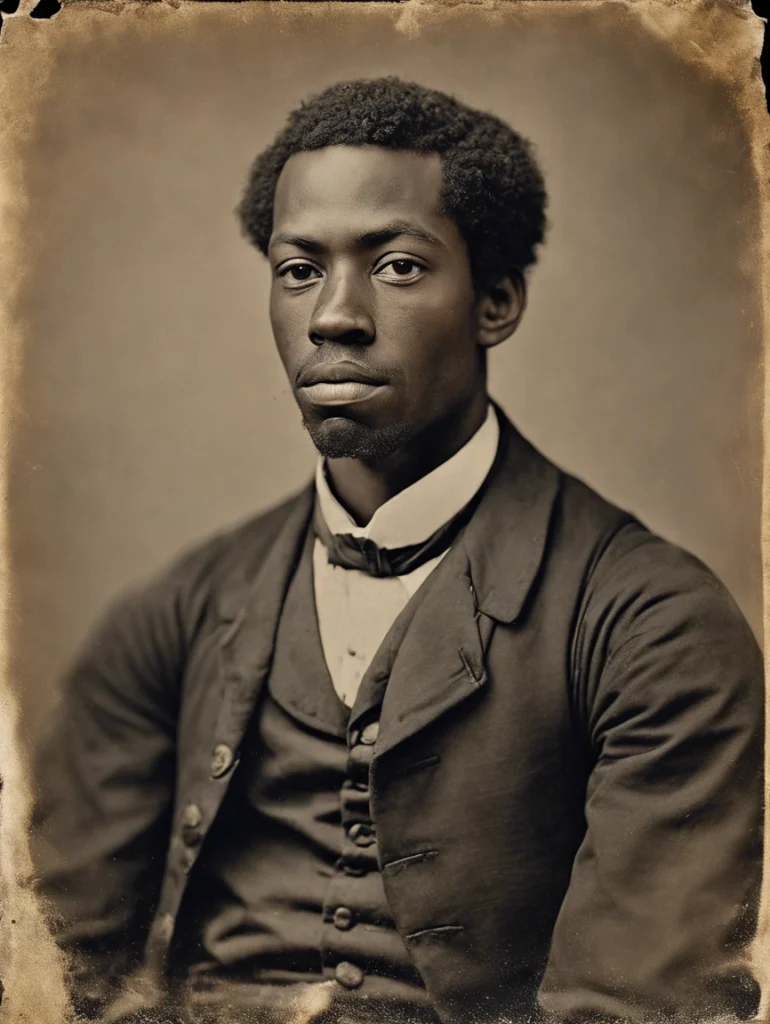Welcome to the
Black Pearls of Genealogy
BPOG
Explore African American Genealogy
Preserve African American history with Black Pearls of Genealogy. Our memorial projects and free research tools uncover records, stories, and legacies. Together, we restore dignity and remembrance.
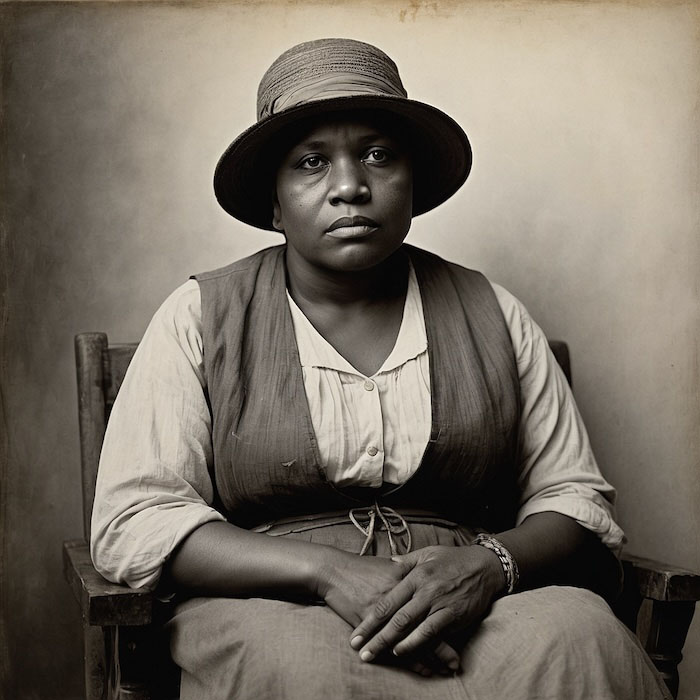
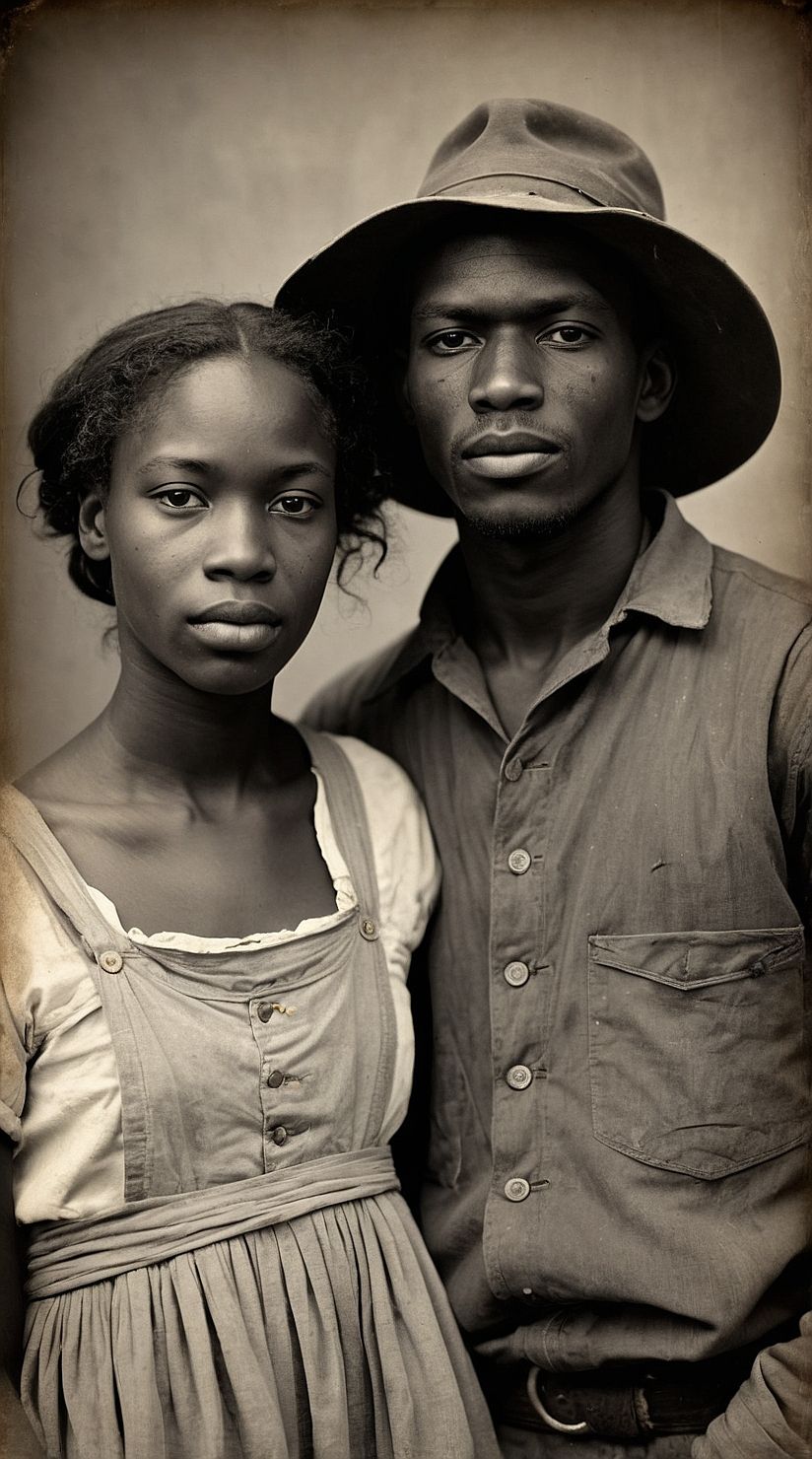
Research Your Ancestors by State and Surname
To help place your surnames by state, follow these guidelines.
- ➡️ If you person was born in Virginia and died in Arkansas, place their name under bother states.
- ➡️ If a person was born outside and arrived and died in North Carolina, place this surname only in North Carolina.
- ➡️ If a person was born and died in the same state only place the surname in that state
Why Choose Black Pearls of Genealogy
Current Projects 2026

Arrival in Marlin, Texas
In 1867, freedmen from South Carolina traveled by ship and train to begin new lives in Marlin and surrounding counties. This memorial recognizes their courage, the migration’s lasting impact, and the families whose stories continue to shape Texas.

Mound Bayou, MS
Founded in 1887 by formerly enslaved families, Mound Bayou became a beacon of Black self-determination, resilience, and community pride. Our memorial honors its legacy as a safe haven against oppression and a symbol of strength for future generations.

Rev. Dr. John Mendez
A lifelong pastor, activist, and civil rights leader, Rev. Dr. John Mendez dedicated his life to justice, education, and interfaith solidarity. Our memorial preserves his legacy as a teacher, advocate, and spiritual guide who empowered communities with faith and action.
2025 Memorial Projects

Santa clara county, California: May 26, 2025
Chinese American Cemetery
A parcel of land, granted by Oak Hill Cemetery in 1900 to the 8 Chinese Companies in San Francisco, emerged as a sanctuary for those who had been voiceless.
This modest plot, measuring 140 by 160 feet, became the final haven for approximately 300 pioneers.
Kingstree, Williamsburg County, SC May 18, 2025
Departing From Kingstree, SC to Marlin, Falls County, Texas
The Freedmen’s Bureau – to transport 435 Freed men, women and children from Kingstree, South Carolina in Williamsburg County to Charleston, SC then on to Marlin, Falls County, Texas.
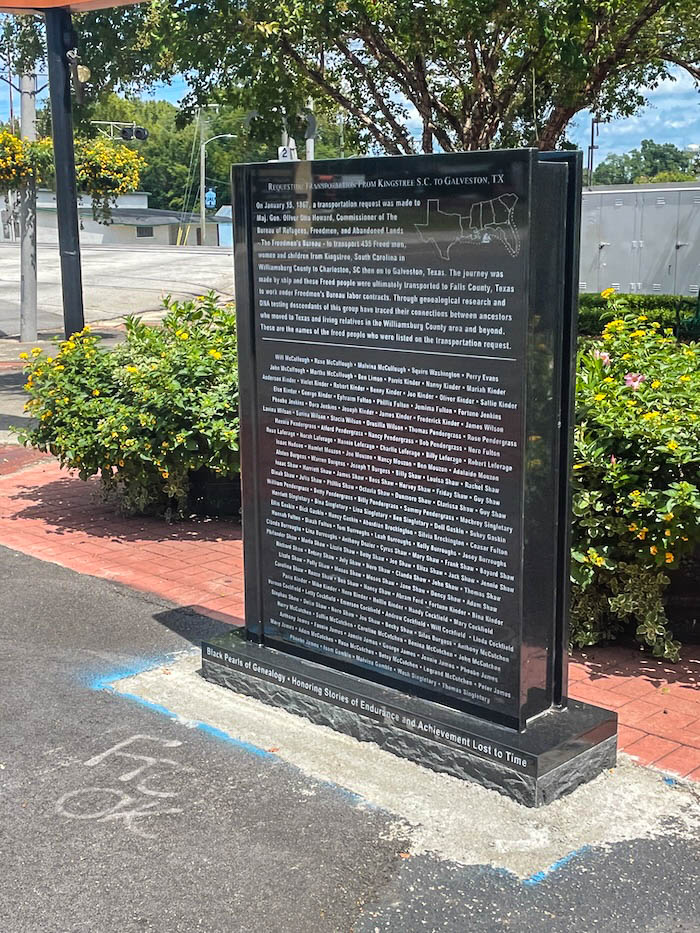
Honoring History 2024 Memorials
“Explore our 2024 Memorial Projects and see the meaningful work we accomplished last year. These projects honor the lives, struggles, and legacies of African Americans whose stories deserve to be remembered.”
African American Genealogy Tools & Guides
Slavery
The Slavery menu – Under this section, you will find census schedules, slave certificates, emancipation and manumission papers, chancery records, registers of free people of color, cohabitation and marriage records, homesteading opportunities, public claims, and even insurance policies. These resources shed light on family histories and help uncover stories long hidden in America’s past.
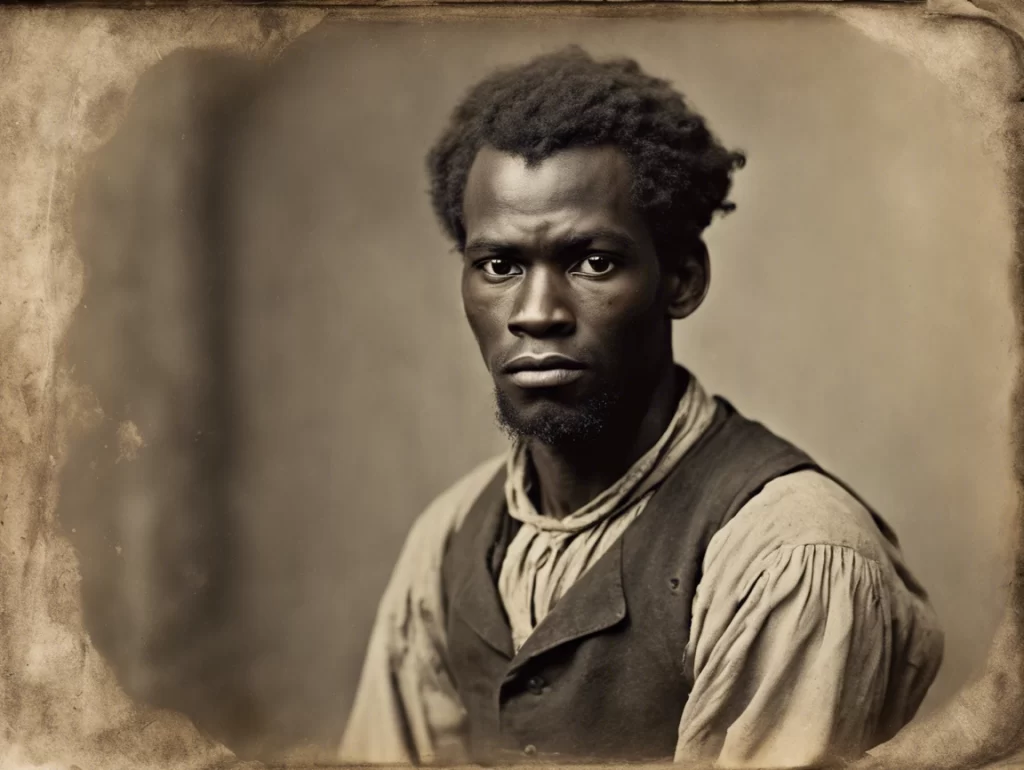
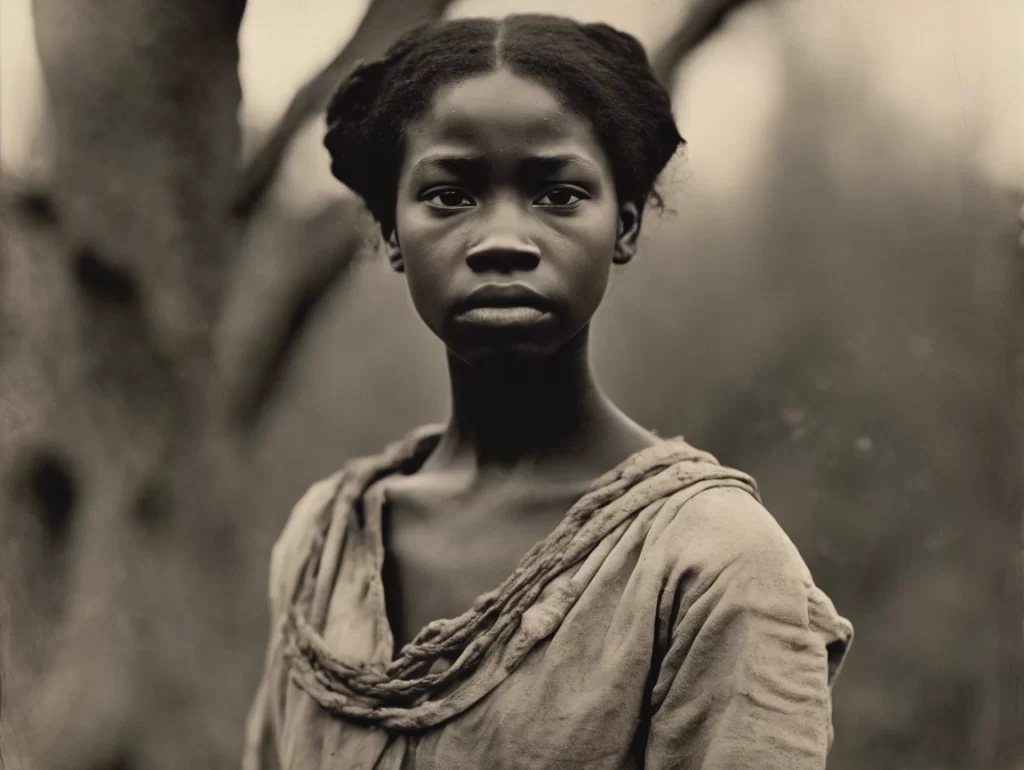
Freedmen’s Bureau
The Freedmen’s Bureau records (1865–1872) provide an unparalleled window into the transition from slavery to freedom. This collection includes labor contracts, marriage and cohabitation records, hospital and medical registers, schools, court disputes, rations, land and property claims, and more. Researchers can use these records to trace ancestors, learn about local communities, and better understand the challenges and triumphs of freed people during Reconstruction.
Military
The Military collections preserve the sacrifices and service of African Americans from the Revolutionary War through the Civil War and beyond. This section includes U.S. Colored Troops enlistment papers, pension files, index cards, payment rolls, widows’ pensions, and Confederate as well as federal service records. These documents honor the courage of Black soldiers and provide invaluable genealogical details for descendants and researchers.
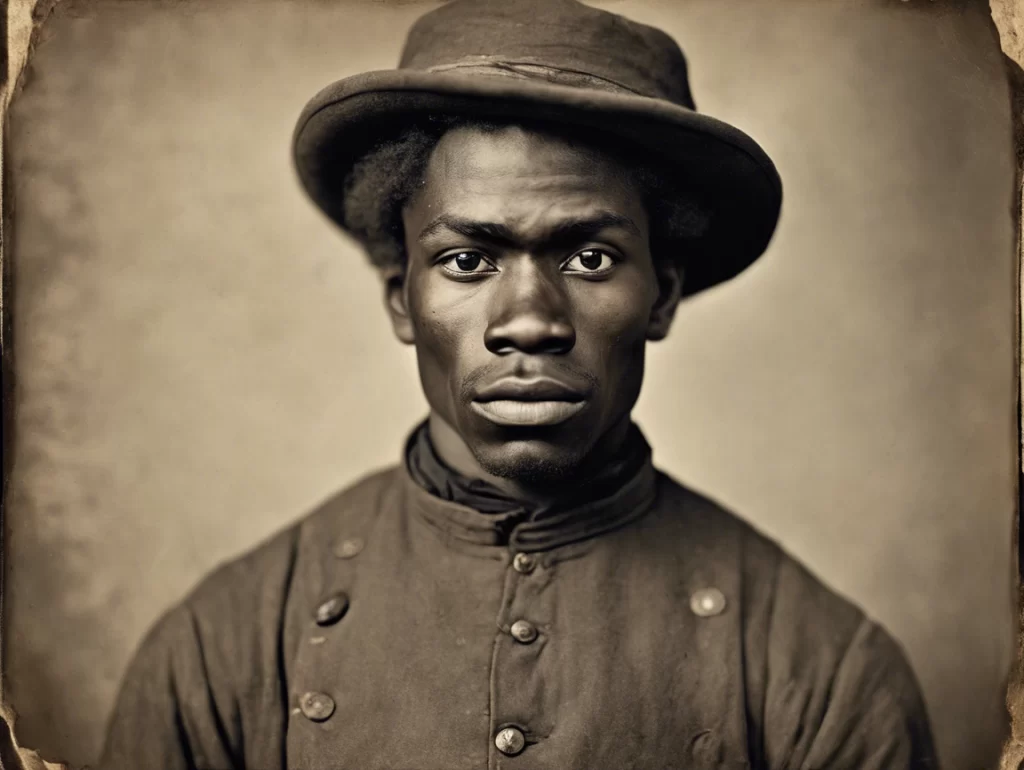
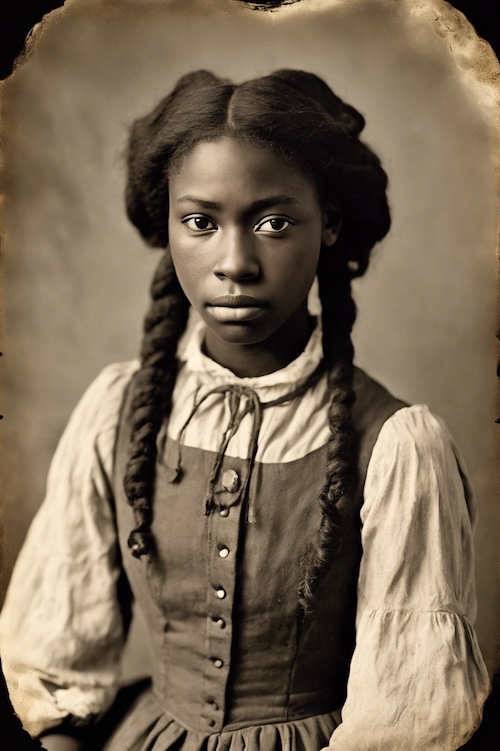
Native American
The Native American records explore the intertwined histories of African and Native peoples. This collection of records features land allotments, tribal enrollment cards, application jackets, rolls, and other essential documents that recorded the identities and rights of Native American and Freedmen communities. These sources are critical for tracing blended lineages and understanding the shared experiences of displacement and survival.
Tools
Our Tools section offers powerful resources to support African American genealogy research. Explore FamilySearch guides for beginners, full-text searches, and slavery and bondage records; and WikiTree tools for profiles, categories, and DNA connections. Additional resources include cemetery databases, historical maps, virtual records, newspapers, and the BPOG Heritage Labels Collection, all designed to help you uncover, organize, and preserve family history.
